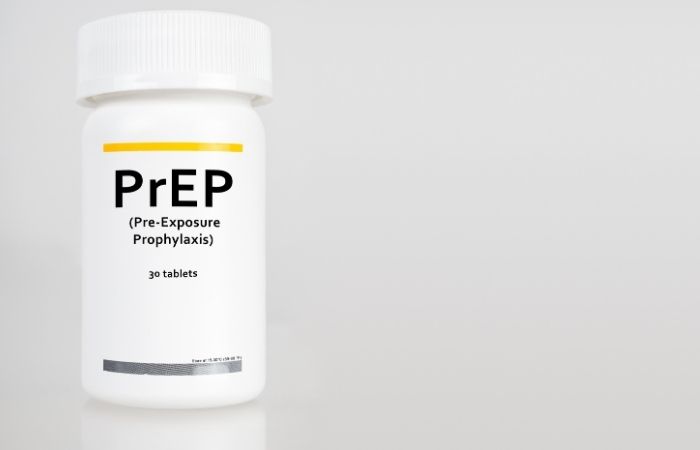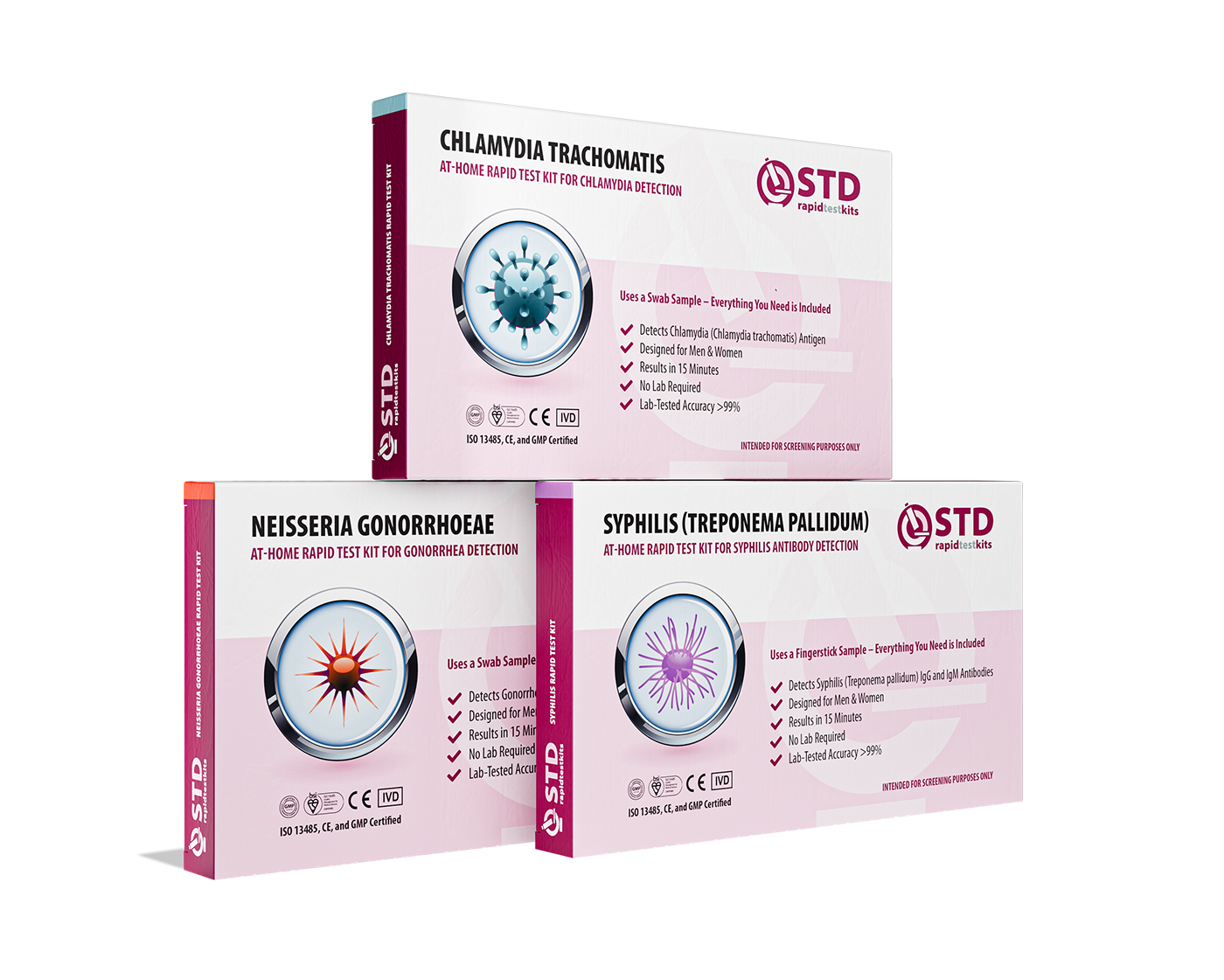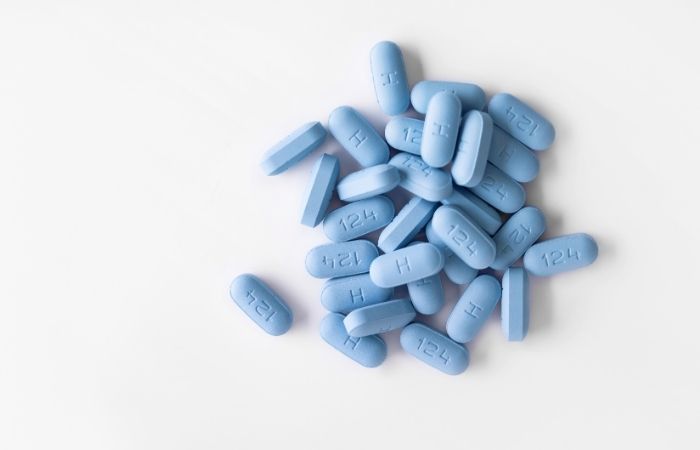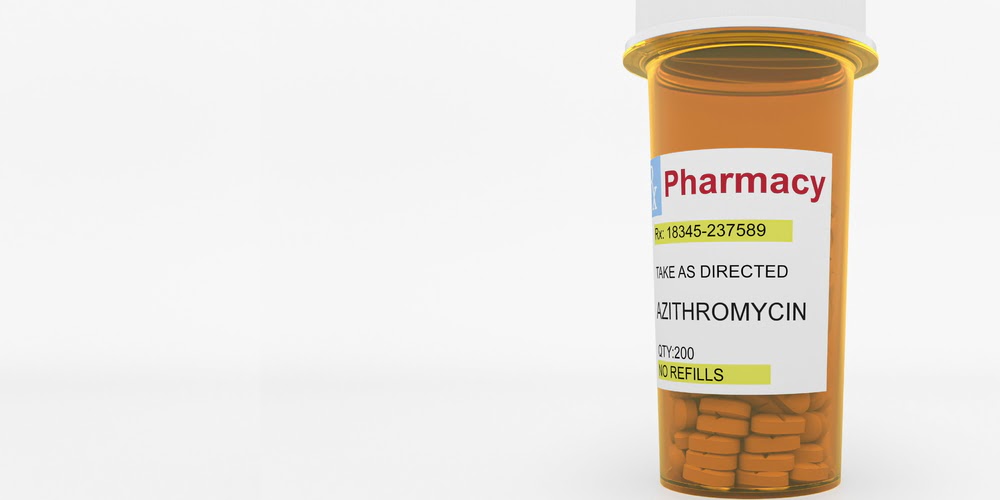Quick Answer: Antibiotics only work on bacterial STIs, like chlamydia, gonorrhea, or syphilis. They do not cure viral infections like herpes, HIV, or HPV, which require different treatment strategies and long-term care. Rising resistance makes even some bacterial STIs harder to treat.
“I Took the Pills, Why Am I Still Sick?”
Ty, 26, remembers the first time he got tested after a rough week of throat pain and fever. “They told me it was probably gonorrhea,” he says. “I took the meds. I followed everything they said. But two weeks later, I still felt off. My lymph nodes were huge, I had mouth sores, and everything I read online said I should’ve felt better by now.”
He went back in. This time, the provider ran a full panel, including herpes and HIV. Gonorrhea wasn’t the problem. He had HSV-1, the oral version of herpes, and no one had caught it the first time because they assumed symptoms = bacteria = antibiotics.
This story isn’t rare. If you’ve Googled “why won’t antibiotics cure my STD” or “still have symptoms after treatment,” you’re not alone. A lot of us are walking around thinking antibiotics are the finish line. But for viral STIs, they don’t even step onto the track.

People are also reading: Herpes? Nope. 7 Conditions That Just Look Like It
Here’s the Science: What Antibiotics Can’t Touch
Let’s get clear: antibiotics only treat bacterial STIs. That means chlamydia, gonorrhea, and syphilis, and even those are starting to fight back. A 2024 CIDRAP report showed that strains of gonorrhea resistant to tetracycline and even ceftriaxone, the “last resort” antibiotic, are increasing fast. One strain in Massachusetts resisted five separate drug classes. Five. That’s not theoretical anymore. That’s now.
But even if you’re not dealing with resistance, antibiotics were never going to save you from herpes. Or HPV. Or HIV. These infections are viral, and viruses don’t play by the same rules. Bacteria are living organisms. Viruses are code, wrapped in a shell, designed to hijack your cells. Antibiotics can’t touch them. They’re not broken machines; they’re parasites. You need antivirals to treat them, and sometimes, not even those will “cure” what’s there. They just help you manage, contain, reduce.
But here’s the real damage: nobody told you that in sex ed. Nobody explained that your sore throat after oral could be herpes. Or that antibiotics might give you false hope if the real cause is viral. The silence is what lets the stigma grow.
It’s Not Just Science, It’s Shame
There’s something brutal about taking your medication like a good patient and still feeling dirty. Still seeing sores. Still waking up with fever sweats. You start to spiral. “Did I do something wrong?” “Am I unclean?” “Why isn’t this working?”
When the meds don’t “fix” you, it doesn’t just hurt your body, it messes with your head. That’s the trap we’ve built around STIs. If the antibiotic works, you’re “lucky” or “normal.” If it doesn’t, you think you’re ruined. But that’s not how this works. Not anymore. Maybe not ever.
Mei, 29, found out she had HPV after a routine pap smear. “I’d never had symptoms. No idea I was carrying it. I asked if I needed antibiotics, and the nurse laughed gently. She said, ‘That won’t help. Your body will either clear it, or it won’t. We’ll monitor.’”
Her reaction? “I felt... abandoned. Like I had to just hope my body cooperated. No pill to make it go away.”
And yet, millions of people live full, connected, sexual lives with HPV, herpes, even HIV. Because untreatable doesn’t mean unloveable. It doesn’t mean unclean. It just means: different strategy, different toolkit. But you need to know what you're dealing with first.
Why We Still Expect Pills to “Fix” Sex
This belief that antibiotics will clean up our sex lives like disinfectant on a kitchen counter? That comes from decades of conditioning. In the early 2000s, STI campaigns focused on chlamydia and gonorrhea, curable, bacterial, easy to handle with one round of meds. The promise was neat and tidy: test, treat, move on. That’s the model we sold people. But we never updated the story when viral STIs took center stage.
We didn’t update the story when herpes became so common that nearly 50% of adults now carry it. We didn’t update it when HPV became the most prevalent STI in the world. And we definitely didn’t update it when HIV transformed from a death sentence into a manageable condition with antiretrovirals, U=U campaigns, and pre-exposure prophylaxis. The meds got better. The shame stayed the same.
So when antibiotics fail, people feel betrayed. The emotional math goes like this: If I took the pill and I’m still not better, I must be worse than I thought. The truth? You’re just navigating a system that hasn’t caught up with its own reality.
Check Your STD Status in Minutes
Test at Home with Remedium3-in-1 STD Test Kit

 For Men & Women
For Men & Women Results in Minutes
Results in Minutes No Lab Needed
No Lab Needed Private & Discreet
Private & DiscreetOrder Now $69.00 $147.00
For all 3 tests
Story Break: “I Thought I Had Strep, Turns Out It Was Herpes”
Rina, 23, didn’t think much of the raw feeling in her throat after a long weekend with a new partner. “We were careful,” she said. “Used a condom for penetration. I just figured I was getting sick.”
The clinic gave her amoxicillin and sent her home. Three days later, her mouth felt like sandpaper. She had lesions on her gums and a fever of 102. When she went back, a different provider took one look and swabbed for HSV. It came back positive for herpes simplex virus type 1.
“I was furious,” she said. “Not just that I had it, but that no one thought to check before. They just assumed I’d be fine after antibiotics. Like it wasn’t even on their radar.”
It’s on ours now. And it should be on everyone’s. Because this story isn’t exceptional, it’s invisible. And that’s what makes it dangerous.
The Superbug Problem: When Antibiotics Aren’t Enough, Even for Bacteria
There’s another layer here, and it’s terrifying in a different way: antibiotics aren’t even reliable for bacterial STIs anymore. The CDC has confirmed multiple gonorrhea strains resistant to nearly all known treatments. We’re down to ceftriaxone as our final bullet. One shot. That’s it.
In the UK, a recent outbreak of “super gonorrhea” made headlines because the strain didn’t respond to first-line treatment. In the U.S., Massachusetts confirmed a case with resistance markers across five drug classes. According to Wired, experts are scared, not just because of what’s happening, but because of what’s coming. Gonorrhea used to die when we hit it with penicillin. Then tetracycline. Then azithromycin. Now? It’s learning faster than we can.
This isn’t just about not feeling better after antibiotics. It’s about entering a future where the best we’ve got... isn’t enough. And it’s already here.
Untreatable ≠ Unmanageable
Here’s where we pivot. Because this article isn’t about panic. It’s about power.
Just because something can’t be “cured” doesn’t mean you’re doomed. Herpes can be managed with antivirals that suppress outbreaks and reduce transmission. HIV can be treated so effectively that your viral load becomes undetectable, and untransmittable. HPV often clears on its own, and when it doesn’t, regular monitoring can prevent cervical cancer or genital warts from escalating.
But none of that matters if no one tells you. If you're sitting at home feeling broken because the antibiotics “didn’t work,” when really? You just needed a different game plan. One rooted in facts. Not fear.

People are also reading: Do Dental Dams Actually Work? A Sex-Positive Deep Dive
What No One Tells You at the Clinic
Most people leave the doctor’s office with two things: a prescription and a time frame. “Take this for seven days.” “If symptoms don’t go away, come back.” But if you’ve got something like herpes, that follow-up might not happen. Not because your provider is careless, but because the system is overworked, underfunded, and sometimes even embarrassed to talk about what they can’t “fix.”
There’s no quick script for, “This is a virus that might stay with you for life, and that doesn’t mean your life is over.” So instead, patients are left to learn on Google, through late-night panic scrolls and TikToks that range from helpful to horrific.
Lena, 32, shared this: “After my first outbreak, I thought I was going to lose my partner. I thought I couldn’t have kids. I thought no one would want to touch me again. I spent nights crying in the bathroom reading Reddit posts from strangers just to feel less alone.”
She wasn’t alone. She never was. But no one told her that. Not in the office. Not in the pamphlet. And definitely not in that rushed 11-minute appointment where her life quietly changed.
Stigma Is the Real Epidemic
Let’s be blunt: if you got strep throat, no one would judge you. If you got COVID, people would check on you. But say you’ve got HPV or herpes? Suddenly you’re dirty. Slutty. Careless. That stigma doesn’t come from medicine, it comes from cultural rot. It comes from the idea that STIs are punishment, and people with them are reckless.
But viruses don’t care who you are. They don’t care if you’re married, queer, careful, monogamous, or even a virgin. They care about exposure. They care about timing. They care about biology. That’s it. Everything else? That’s us, piling shame on top of silence and calling it morality.
If you’ve ever blamed yourself for getting something antibiotics can’t fix, pause. Take a breath. Your value hasn’t changed. Your desirability hasn’t dropped. You’re not broken. You’re human. And you’re not alone.
There’s Still a Way Forward
Let’s talk solutions. First, if you’ve got symptoms that aren’t going away, or if you were treated and something still feels wrong, get retested. Not all STIs show up on the first try, and not all clinics check for viral infections unless you ask. At-home kits now screen for multiple STIs, including herpes, HIV, syphilis, and more. No waiting rooms. No judgment.
Second, shift your mindset from “cure” to “control.” You don’t need to be cured to be okay. You need a plan. That could mean suppressive therapy, better communication with partners, or just knowing what to expect during an outbreak.
Third, learn the difference between bacterial and viral STIs. Not so you can fear one more than the other, but so you can make informed, powerful choices about how you protect yourself. Antibiotics are not magic. But knowledge? That’s a whole new kind of medicine.
And lastly, talk about it. With friends. With lovers. With strangers on the internet if you have to. The more we normalize the truth about untreatable viral STIs, the less terrifying they become. The less alone we feel.
Check Your STD Status in Minutes
Test at Home with Remedium7-in-1 STD Test Kit

 For Men & Women
For Men & Women Results in Minutes
Results in Minutes No Lab Needed
No Lab Needed Private & Discreet
Private & DiscreetOrder Now $129.00 $343.00
For all 7 tests
Reclaiming Safety Without Shame
Maybe your body didn’t respond to antibiotics. Maybe you never had a “curable” infection to begin with. Maybe you’re navigating a diagnosis that comes with lifelong baggage and very little compassion. Whatever brought you here, it’s okay.
Because here’s the thing no one says loudly enough: Untreatable doesn’t mean hopeless. And being positive for something like herpes or HPV doesn’t erase your worth, your sex life, or your future. It just means your toolkit changes.
It means you get proactive. You get tested. You ask questions doctors haven’t heard enough times. You educate partners not just for protection, but for solidarity. You learn about viral suppression. You research PrEP and PEP. You learn the rhythm of your own symptoms. You take your body seriously, and you expect the same from anyone who wants to share it.
You don’t owe anyone shame. You don’t owe them an apology. You owe yourself safety, and honesty, and a future where you are allowed to be both informed and fully, wildly alive.
If you’re ready to stop guessing and start knowing, STD Rapid Test Kits offers discreet, doctor-trusted tests you can do from home. Herpes? HIV? HPV? No panic, no waitlist, no awkward nurse eyebrow. Just answers. And once you know what’s up, you can start living from a place of clarity, not fear.
FAQs
1. Why didn’t the antibiotics fix my STD? Because not all STDs are treatable with antibiotics. If what you’ve got is viral, like herpes, HPV, or HIV, those pills won’t do a damn thing. It's like trying to erase a digital file with Wite-Out. Antibiotics only kill bacteria, and they don’t even do that perfectly anymore thanks to rising resistance.
2. Can herpes go away if I just take care of myself? Not exactly. Herpes doesn’t go away, period. But it doesn’t mean you’re doomed to constant outbreaks either. A lot of people go months, or years, without symptoms, especially if they’re on suppressive meds. Good sleep, less stress, and a solid antiviral game plan can make a huge difference.
3. What if I still have symptoms after treatment? That’s your cue to get re-evaluated. You might’ve been misdiagnosed. Maybe you were only tested for bacterial infections, and the real culprit is viral. Or worse, you got hit with an antibiotic-resistant strain. Either way, if your body's still waving red flags, don’t ignore them.
4. So which STIs are actually “curable” then? Think bacterial: chlamydia, gonorrhea, and syphilis (if caught early). These are the ones antibiotics *can* usually kick to the curb. But even those are getting tougher. Some strains of gonorrhea are basically flexing on our last remaining antibiotics. So “curable” doesn’t always mean “easy.”
5. I thought I had strep throat, why was it herpes? Because herpes doesn’t always show up the way people expect. It can feel like strep, look like canker sores, or mimic a flu. If you’ve had oral sex recently and your throat’s acting weird, it’s worth testing for HSV, even if the symptoms aren’t textbook.
6. Do I have to tell people I have herpes? Legally? Sometimes. Ethically? Yeah. But telling someone you have herpes doesn’t mean you’re handing them a death sentence, it means you’re being honest and giving them a chance to navigate it with you. And real talk: if they bounce just because you’re positive? They were never that safe to begin with.
7. Can I still have sex if I have something “incurable”? Hell yes. You just need a game plan. Barriers, medication, and communication can make sex not only possible, but great. STIs don’t cancel your sex life. They just ask you to show up a little more responsibly.
8. Is herpes really that common? More common than brunch. Seriously, about half the adult population has HSV-1, and around 1 in 6 has HSV-2. Most don’t even know they have it. So if you’re feeling like the only one? You’re not. Not even close.
9. If I’m symptom-free, do I still need to test? Yes. A million times yes. Many STIs are totally silent, until they’re not. The only way to know what’s going on is to test. Don’t wait for symptoms to be your wake-up call. Curiosity counts as a reason to get tested.
10. Where can I test without all the awkward small talk? Right here. The Combo STD Home Test Kit lets you test for multiple STIs from home, no eye contact, no judgment, just clear results. It’s discreet, fast, and honestly kind of empowering.
You’re Not Broken, You’re Just Not Misinformed Anymore
The story we’ve been told, that antibiotics are a silver bullet for sexual health, isn’t just outdated. It’s dangerous. Because when meds don’t work, people assume something’s wrong with them. But the truth is more complicated, and more hopeful. You’re not dirty. You’re not broken. You’re not a statistic waiting to happen.
You’re someone who deserves honest answers, up-to-date science, and a sex life that feels good and grounded. If you’re done wondering, get tested today. The kit’s discreet. The results are fast. And your peace of mind is worth it.
Sources
1. CIDRAP – DoxyPEP Resistance Trends
3. Wired – The Last Gonorrhea Drug is Faltering










